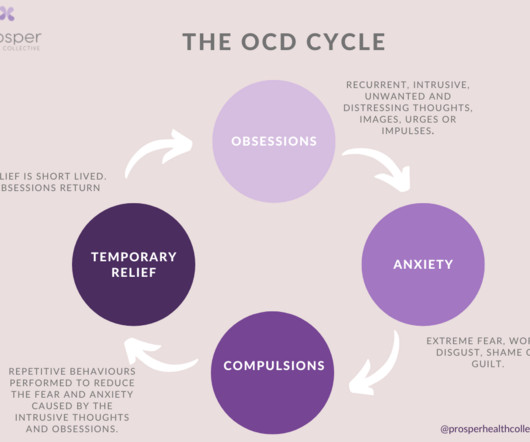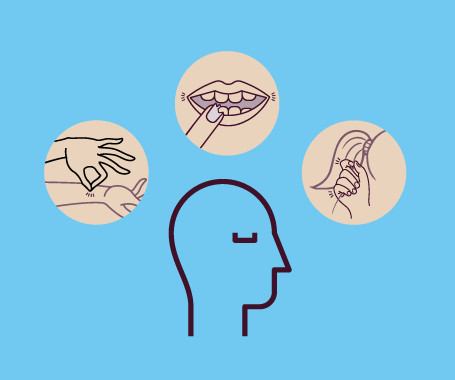The OCD Cycle
Prosper Health Collective
MAY 7, 2023
Obsessive C ompulsive D isorder (OCD) grows and is maintained by a very clear and consistent cycle that occurs in 4 stages. Anxiety : As a result of the distressing or intolerable nature of these obsessions, individuals with OCD experience heightened anxiety and distress.















Let's personalize your content